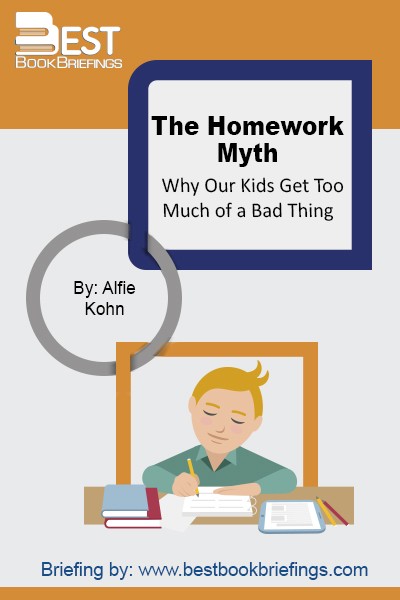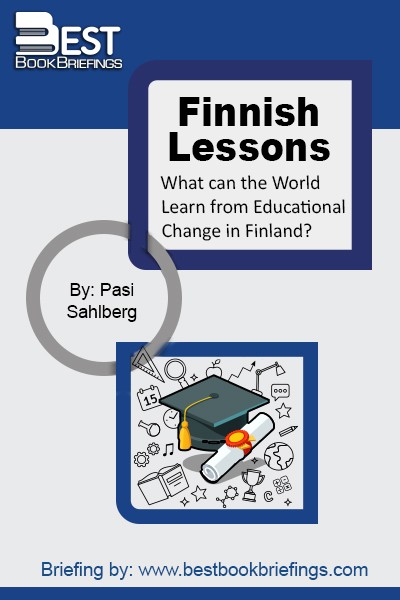Finnish Lessons
What can the World Learn from Educational Change in Finland?
Number of pages: 208
Publisher: Teachers College Press
BBB Library: Education, Corporate Success
ISBN: 9780807752579
Editorial Review
Finnish Lessons is a first-hand, comprehensive account of how Finland built a world-class education system during the past three decades. The author traces the evolution of education policies in Finland and highlights how they differ from the United States and other industrialized countries. He shows how rather than relying on competition, choice, and external testing of students, education reforms in Finland focus on professionalizing teachers' work, developing instructional leadership in schools, and enhancing trust in teachers and schools. This book details the complexity of educational change and encourages educators and policymakers to develop effective solutions for their own districts and schools.
Book Reviews
Books on Related Topics

More than just a solution, THE ONE WORLD SCHOOLHOUSE serves as a call for free, universal, global education, and an explanation of how Khan's simple yet revolutionary thinking can help achieve this inspiring goal.

Globalization poses challenges for everyone. Every education system in the world struggles to some degree to keep up with the rapid pace of change. And countries face many similar challenges. For example, widespread internal and international migration have created more heterogeneous societies everywhere, placing new demands on educators as they respond

After spending most of the day in school, children are typically given additional assignments to be completed at home. This is odd in light of the fact that widespread assumptions about the benefits of homework – higher achievement and the promotion of self-discipline and responsibility-aren’t substantiated by the available evidence. Many

Today’s college students are struggling to maintain their balance as they attempt to cross the gulf between their dreams and the diminished realities of the world in which they live. They are seeking security but live in an age of profound and unceasing change. This is a generation that thinks of



